We occasionally link to goods offered by vendors to help the reader find relevant products. Some of these may be affiliate based, meaning we earn small commissions (at no additional cost to you) if items are purchased. Here is more about what we do.
Of all the things, one of my favorites to talk about, work with, and enjoy is food. It is the force that brings friends together. It is the comfort that makes us feel at home, wherever we are. It is the power that drives us, both figuratively and literally, through the day.
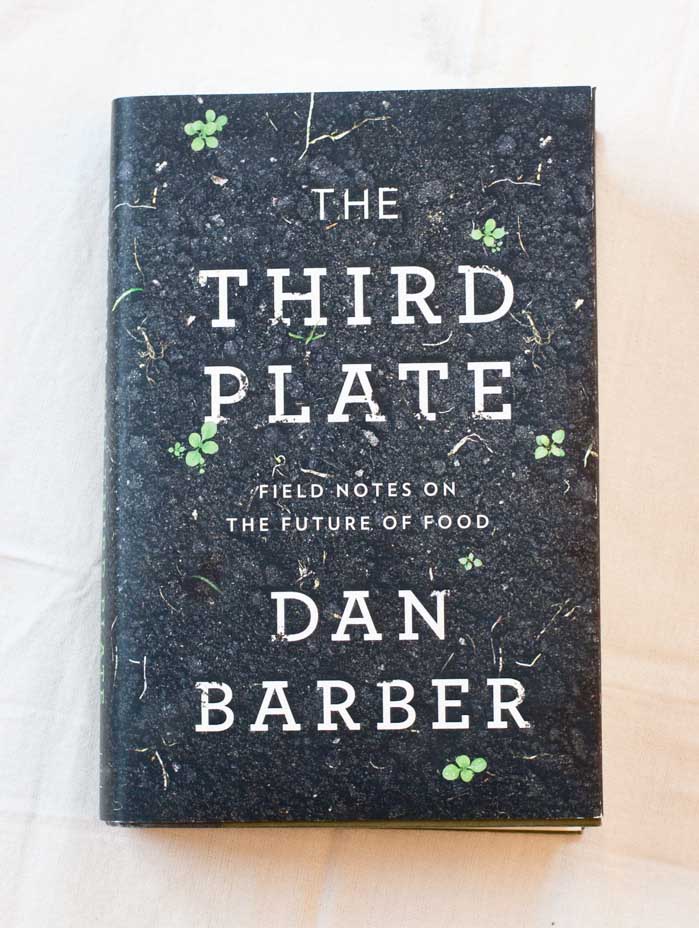
Food is the fulcrum around which society revolves. Can you imagine a day without food? Even hunger aside, what a bleak day it would be. All thought of the meals that you and I look forward to would be gone. All anticipation of the flavors that play on your tongue would no longer be. It would be a very sad day for the world.
With this pivotal role that food plays in society, in everyday life, it is astounding the lack of attention that we give it. We tend to think, myself included, that food is the stuff we buy from the store – from Whole Foods, even – that we mash together and throw on a plate and call dinner. Or lunch. Or whatever meal it is we find ourselves enjoying. Food is the substance that we put in our mouths, day in and day out.
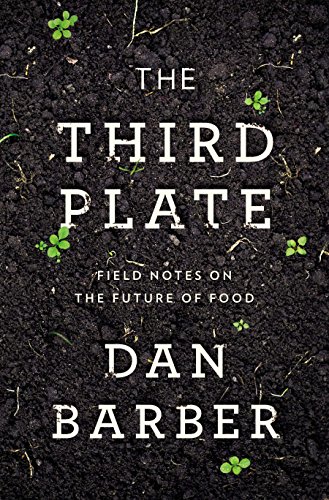
The Third Plate: Field Notes on the Future of Food (via Amazon)
It is contrary to this opinion, however, around which Dan Barber builds his mind-altering book, The Third Plate.
What Dan Barber brings to the table, both in his book and at his restaurant, is food that has a story, food that is more than just what sits on your plate. His food brings with it the farm and its livestock and its weeds and its labor. Dan Barber’s food is so much more than farm-to-table and so much more than “green.”
Dan digs deep into the roots of food to find out what it really means to be a farmer or a fisherman or a rancher – and what impact their actions have on what ends up on your plate.
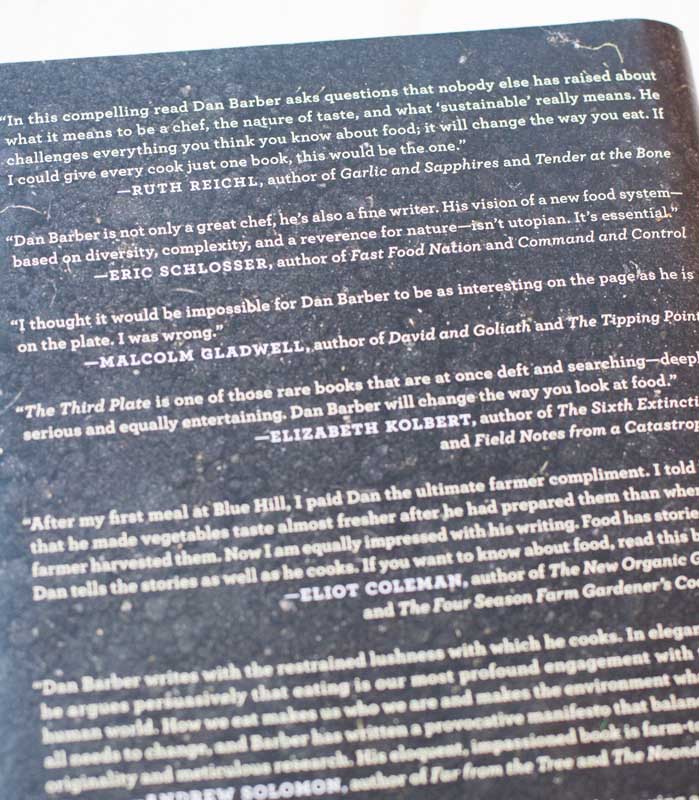
The first part of the book is called Soil. It is simply that – it builds the base that the rest of the book will rest on.
Barber talks about how, without good soil, you cannot have good plants. And without good plants, you cannot have good food. He strikes down the notion that healthy, nutritious plants can be made by adding amendments to the soil, and he builds a strong case for growing and buying organic food.
Prior to this book, I did not purchase organic food because I have a rather good understanding of how biochemistry works – something can be deadly to a bug, but 100% okay for us to eat.
But for some reason, it never occurred to me what damage was done to already fragile ecosystems wrought by the so-called “harmless” actions of society itself. Add chemicals and pesticides and herbicides to the mix, and your fragile ecosystem will collapse.
I could not believe that after all this time believing I was a true environmentalist, I never made this connection. I even took classes on ecosystem ecology while in college. This book just drove it home.
The next two parts of the book, Land and Sea, built upon the principles Barber established in Soil. Specifically, he talked a lot about how the best ham in the world is made simply by letting pigs forage for their food in an abundant landscape. This forces the pigs to exercise to find their nutrition – and good nutrition it was – which resulted in the delicacy known as jamon iberico throughout the world.
Being a vegetarian, the meat didn’t specifically interest me, but the concept did. He discussed the sad state of slaughterhouses in the US, where meat is just that from the day it is born – they are not chickens or pigs or cows to most ranchers, but are instead just meat.
This lack of attention to the animal is not only unnatural, but results in tasteless, tough food that is no pleasure to eat.
Finally, he discusses Seed, the place from which all agriculture originates. Most interesting to me was how Dan Barber took the notion that, to feed everyone on the planet, all crops must be extremely high yield and uniform, and turned it on its head.
He lacks scientific proof here, but presents an interesting and captivating proposition – that if we were to focus on quality seed and soil, the earth would give more, the plants would be more nutritious, the land would be more abundant, and the food would be tastier. All in all this sounds like a great plan to me.
This book is an entirely enlightening and educating experience, all while being entertaining to the end.
All the lessons, if you want to all them that, originate and are told through stories about people with whom Barber has had experiences during his quest for sustainable food.
A farmer named Klaas teaches you about wheat and organic food and healthy soil. A goose farmer named Eduardo tells his story of raising geese naturally and the wonders it does for the birds themselves, and the food they will later produce. A fisherman named Miguel enlightens us on the feasibility and necessity of farmed fish – all while demonstrating how it can be sustainable and good for the environment.
These personal stories are the pillars around which the book is built. The book is large and daunting and may challenge the perceptions you have about food everything it involves, but it definitely a must-read. This book is for those who care about their food, who want to know what food really is, and who have a vested interest in keeping food tasty. This book is for you.
Pick up a copy via Amazon today!
Photos by Raquel Smith, © Ask the Experts, LLC. ALL RIGHTS RESERVED. See our TOS for more details. Originally published on September 24th, 2014. Last updated: April 23, 2020 at 14:30 pm.
Nutritional information derived from a database of known generic and branded foods and ingredients and was not compiled by a registered dietitian or submitted for lab testing. It should be viewed as an approximation.
About Raquel Smith
Raquel is a whole foods enthusiast, an avid mountain biker, and a dog lover. She works by day at Food Blogger Pro and formerly maintained her food blog "My California Roots" (now merged into Foodal).

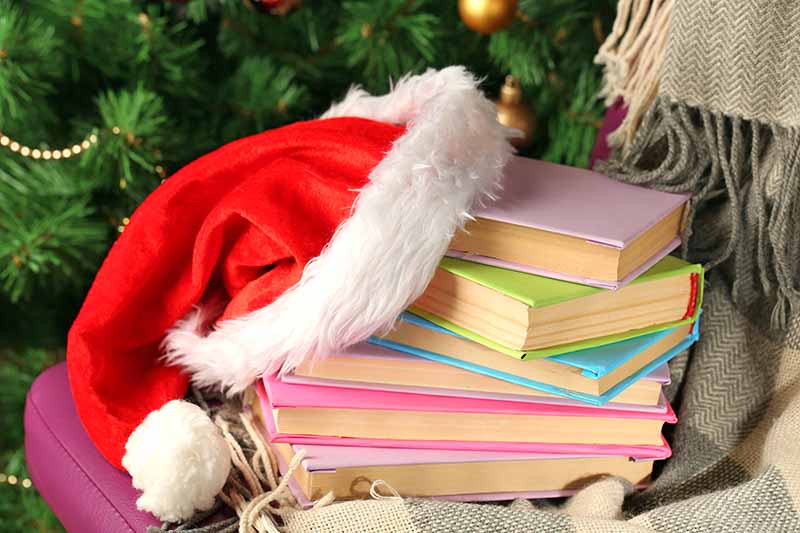

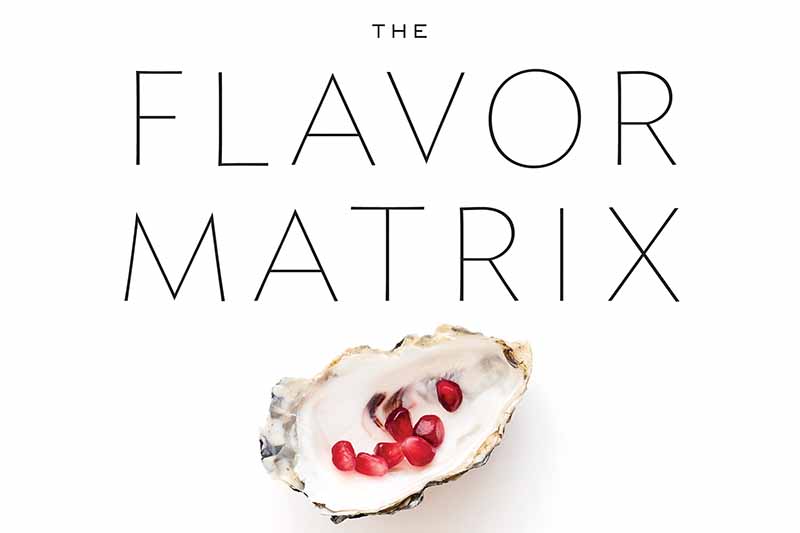
This sounds like a really interesting book! I have watched several documentaries on organic farming and the information regarding soil damage was alarming. It’s not just about what we are eating but also what we are using to wash our dishes, clothes, and bodies. Anything that goes down the drain. The next generation is in for some alarming changes if we don’t step up to the plate and start to make a change.
And the slaughter houses…don’t even get me started on that! I’m really glad the author took the time to research and point it out in his book. At least those who eat meat will look at it from the stand point of what tastes better (because so many don’t seem to care about animal welfare) and start leaning towards pasture-raised meat.
Yep, I totally agree! We are doing some irreparable damage to our ecosystems if we aren’t careful. I don’t use eco-friendly dish soap and laundry detergent, but you raise a really good point. I’ll look into that. Thanks!